When I walked into Anonymous programs fourteen years ago, I was isolated from God, myself, and others.
I was isolated from God because I spent most of my life either believing He didn’t exist, or thinking He must hate me if He did. I had suffered a lot of verbal, physical, and sexual abuse as a teenager in a nine-year relationship with a psychopath who eventually murdered my best friend. I thought that if God did exist, He had abandoned me long ago.
Through the tools of S.L.A.A. — the Steps, meetings, praying to a God I didn’t understand, and meditating even when I was restless — I began to see that God did exist and that He hadn’t abandoned me; I had abandoned Him in favor of my boyfriend. For nine years, I made my boyfriend my higher power. Most of the time it was because of fear (since he stalked me and threatened my life), but a lot of it was because I was addicted to him.
S.L.A.A. helped me break my isolation from God and taught me how to maintain conscious contact with Him daily. My sponsor asked me to write out what I thought God was at that time. I wrote that He was an evil man sitting in the sky, playing tricks on me, constantly ruining everything in my life and laughing at me. He was judging me, and I always came up short. My sponsor had me tear up that sheet of paper, symbolically throwing that “God” out. Then she asked me to write what I wanted God to be, no matter how outrageous my demands.
I wanted my own personal Santa Claus who gave me everything I wanted and loved me unconditionally. My sponsor told me that while my Higher Power would love me unconditionally, I would eventually discover a more realistic God than Santa Claus. Two years later, I had what I can only describe as a lightning-bolt spiritual experience, and I understood what she meant.
I was in a state of insanity—on my hands and knees, crying, screaming, and hyperventilating about a relationship with a married man. I called a fellow S.L.A.A. member who asked, “Prayers are powerful. What do you want me to pray for?”
I said, “Pray for my obsession with [my qualifier] to be lifted.”
She prayed with me over the phone. Immediately afterward, I felt a calm and a sense of sanity come over me. That was my S.L.A.A. sobriety date. From that day until now, nine years later, I have been a different person.
Today, I am convinced that God exists and works in my life as long as I seek Him and ask for His plan. He has given me the gift of sobriety and a life beyond my wildest dreams, because I am free from the insanity of my addict mind.
I once saw a movie about a woman who ended up standing in the dark all alone because she refused to accept God after tragedy. Her life didn’t go the way she wanted, and she was left in bitterness and isolation. I don’t ever want to go back to that place — especially not to that level of isolation from God again.
Isolation From Myself
I was also isolated from myself because I didn’t even know who I was. I was so busy trying to be the perfect daughter, girlfriend, and worker that I lost touch with what I liked or wanted.
I fit my personality to the situation. If I went to a party, I dressed up in tight clothing and played the party girl — even if I felt cold, tired, or uncomfortable. I didn’t have hobbies of my own because I was too busy trying to make my boyfriends’ lives easier.
I got good grades to impress my parents but hid that from my stoner friends. I was in honor society, cheerleading, and gymnastics, but I was also a chain-smoker who could drink anyone under the table. I joined so many groups that I never truly knew where I belonged.
When I joined S.L.A.A., I had to start being honest about who I really was and what I thought. Much of this came out during my Fourth and Fifth Steps. My sponsor insisted that I develop hobbies.
I chose beadwork, and today I make beautiful beaded necklaces.
She also made me take myself out on dates. I had to learn what I truly liked to do. For the first time, I made choices based on my own interests, instead of always tagging along with what my boyfriend wanted. I took myself to movies, restaurants, and art galleries.
This came in handy later, when in my fourth year of S.L.A.A. I started dating a man from London. I flew out to see him, but he was too busy with work to spend time with me. Instead of sitting in his flat stewing, I took myself out to musicals and plays and had a wonderful time.
My sponsor also required that I become self-supporting. No more relying on my parents for money. This was a turning point for my self-esteem, because I could honestly say I supported myself without depending on someone else to rescue me. And rescuing always brings control along with it.
Another element of my isolation from myself was dishonesty. I had spent so much time lying to avoid conflict or rejection that I no longer knew what the truth was. Juggling lies drains your spirit, and I had no space left to look inward or learn who I really was.
Meetings and sponsor work helped me clear out the junk in my head. Once I wasn’t weighed down by dishonesty, I had more energy to actually work on my character defects.
Isolation From Others
Breaking isolation from myself also helped me break isolation from others.
As I learned to trust myself and my sobriety, it became easier to trust others. In my first few years in S.L.A.A., the fellowship felt like being back in high school — but in a good way. We went to the same meetings, then out to eat, to game nights, potlucks, and even dances. In the past, social events were just chances to find hookups. But in recovery, I was free to truly connect. I could laugh, dance, and enjoy life without pretending.
One night at a party, I wore a necklace sign that copied Sandra Bullock’s in 28 Days. It said: “Confront me if I don’t ask for help.” My sponsee and I laughed all night. That joy came from knowing I didn’t have to impress anyone anymore.
When it came to significant relationships, it was harder. But with God, my sponsor, and the fellowship, I learned not to lose myself in dating. My sponsor gave me a dating plan that forced me to stay accountable to God, her, and the program. I couldn’t isolate, even when it was painful, because my disease could only be kept at bay through constant vigilance.
Dating in recovery was terrifying. Post-traumatic stress gave me panic attacks during my first year of sobriety. Therapy, outreach calls, and prayer helped bring the attacks under control. By the time I began dating seriously, they happened less often.
Even so, when I started dating the man who would later become my husband, my old defects — jealousy, immaturity, drama — resurfaced. Six months in, he broke up with me. I was heartbroken and tempted to manipulate, but instead I set a boundary: if he wanted to come back, he could call me. Otherwise, I asked for no contact.
I turned to God, my family, my sponsor, and the fellowship. I grieved, but I didn’t act out, binge, or spiral into suicidal despair like I once did. And two months later, after soul-searching on his part, he came back. We worked through it together, slowly and honestly.
Today
Today I no longer live as that terrified young woman, hiding in her apartment with the curtains drawn, smoking cigarettes and sleeping with the lights on. I go outside, I live, I play, I connect, and I grow. People see the real me — and some even love me.
God and S.L.A.A. gave me the gift of sobriety, healing, and partnership. My husband isn’t perfect, but he’s perfect for me. Together, we do the work, and together, we grow.
I wouldn’t trade what I have today for anything. I am grateful to God and to S.L.A.A. for my life.
— LISA C.

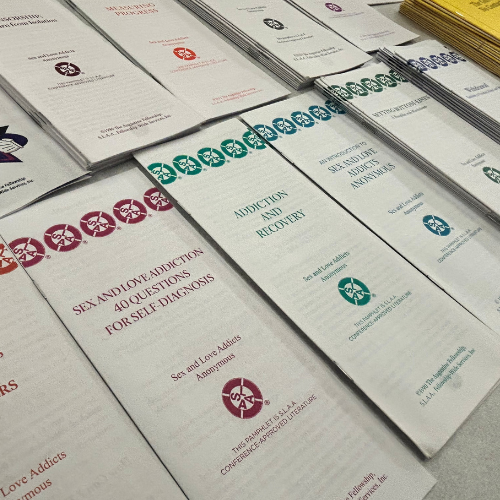

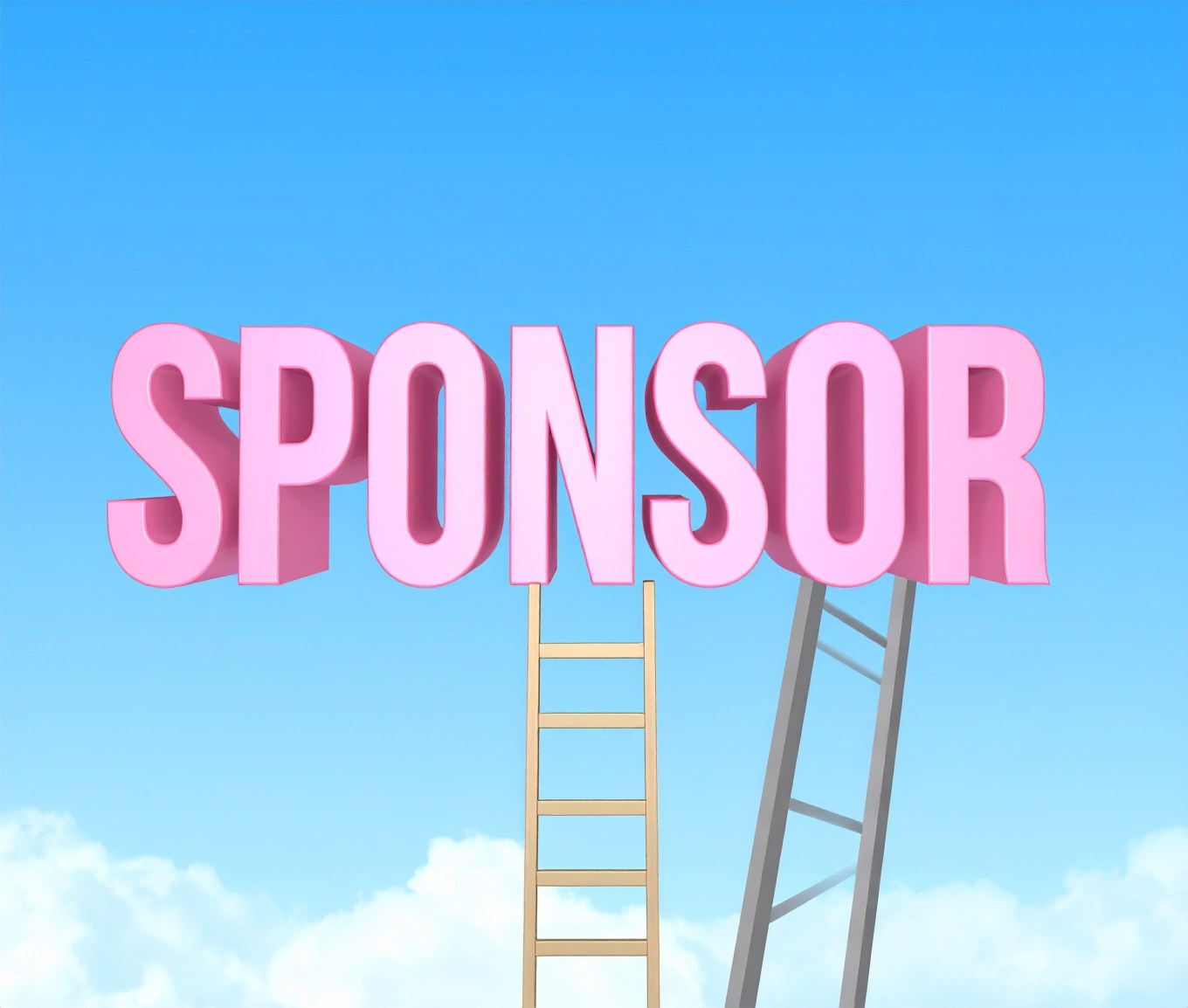
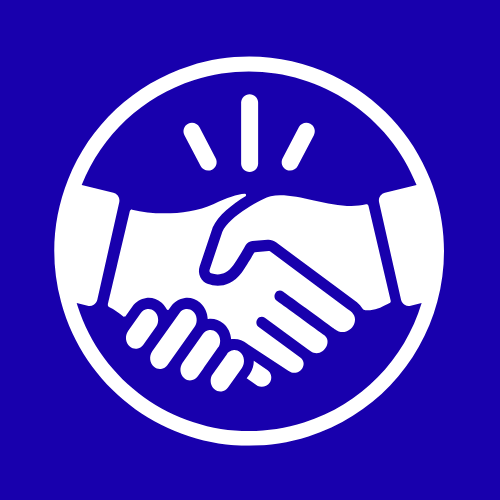

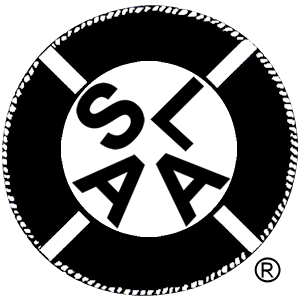
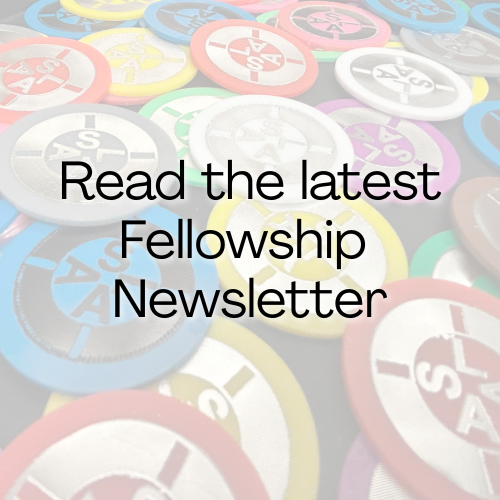
Leave a Reply